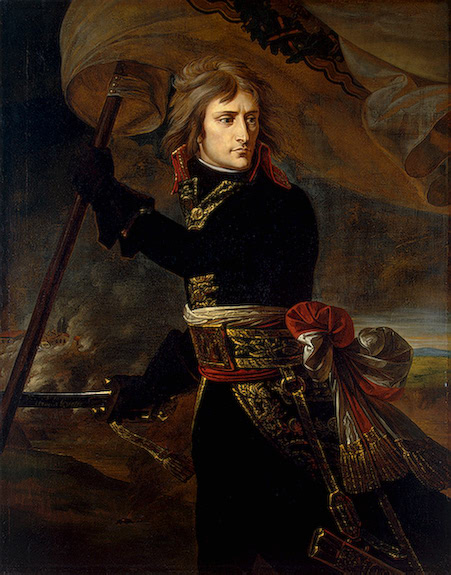When do you need a great mission statement, when perhaps not?
Picture yourself having reached managing director level. Y ou are doing well and perhaps one day you may reach CEO of the company you work for. Today the current CEO is not on his way out, but you never know and you’re part of the lineup.
ou are doing well and perhaps one day you may reach CEO of the company you work for. Today the current CEO is not on his way out, but you never know and you’re part of the lineup.
At some day early in the morning you get a call. You are approached by the major shareholders of a large international company. Their company seems to be doing well for the outside world. However, they know there is a serious problem and they feel their company is like a dinosaur. No comets are in view yet but when it does it will be to late. The current management teams are all good managers by any standard but there is something missing: there is no magic. Like the shareholders they all know something needs to be done but they are trapped in the status quo together with the rest of the company. So here they are standing before you… and you accept. When you enter the company you find that the situation is even worse than your worst nightmare. It’s a shamble, and that is putting it mildly.
A situation like this is what was facing young Napoleon Bonaparte when he was given command of the Army of Italy in 1796. The previous commanders of this army were professionals and knew their trade. Stil, they were beaten over and over again but not yet decisively, which was bound to happen given time. They had poor to no supplies. There was a chronic lack of ammunition and everything else needed for success. The revolutionary government of France decided to go and ask Napoleon.
One of the first things he did was to instill a sense of mission into this army. For that he used to following address, which compares to what today we would call a mission statement. Napoleon’s Address to the Army at the Beginning of the Italian Campaign, March, 1796: “Soldiers, you are naked and ill-fed! Government owes you much and can give you nothing. The patience and courage you have shown in the midst of these rocks are admirable; but they gain you no renown; no glory results to you from your endurance. It is my design to lead you into the most fertile plains of the world. Rich provinces and great cities will be in your power; there you will find honor, glory, and wealth. Soldiers of Italy! will you be wanting in courage or perseverance?”
When ranked against for example the Ashridge mission-model it scores well. Not perfect but well. It also is not a page long piece like we see for many companies. It’s really brief. Most importantly it proved to be very effective. The campaign in Italy in1796 made Napoleon the man he became. Against all expectations the army of Italy became a class of its own nearly overnight. Dressed in rags, hungry and low on ammunition they defeated their opponents quickly, thoroughly and decisively. Part of the reason for this, I think, is that this mission statement touches the real concerns of the people of the organization and showed them a way out.
Jan-Willem Boots is co-founder of Changing Games



